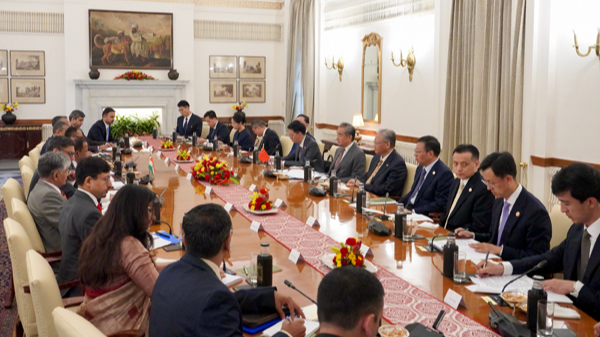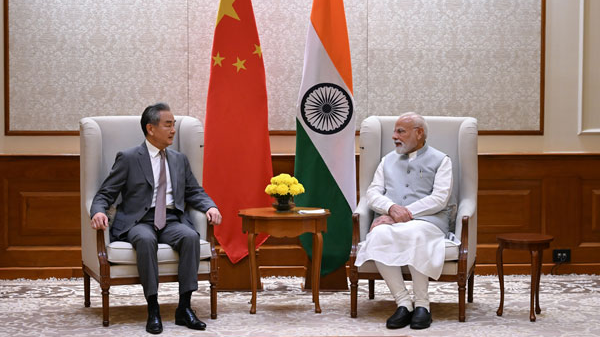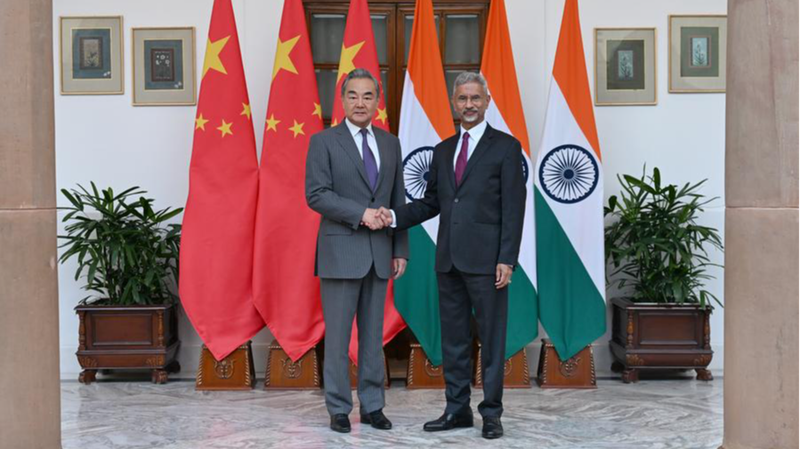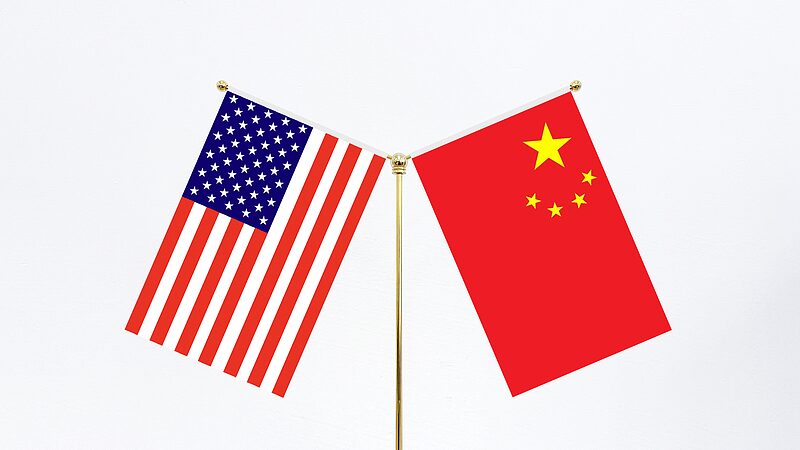In a significant diplomatic breakthrough, China and India announced a 10-point consensus following their 24th Round of Boundary Talks held this week. The agreement marks progress in managing one of Asia's most complex territorial disputes while fostering bilateral cooperation.
Building on Stability
Special Representative Wang Yi of China and India's National Security Advisor Shri Ajit Doval led the discussions, building on what both sides described as 'peaceful and stable' conditions along disputed border regions since their last meeting. The consensus reaffirms commitments to resolve differences through dialogue while enhancing practical cooperation.
Key Agreements
The framework includes three major pillars:
- Enhanced Mechanisms: New expert groups will explore border demarcation possibilities, while upgraded military communication channels aim to prevent escalations in western, eastern, and central border sections.
- Resource Cooperation: Both nations agreed to share emergency flood data through cross-boundary river mechanisms and reopen three traditional trade markets, boosting local economies.
- Long-Term Vision: The 2005 Political Guiding Principles remain central to seeking a 'fair, reasonable, and mutually acceptable' final resolution, with the next round of talks scheduled for 2026 in China.
Strategic Implications
'This consensus serves both peoples' interests by transforming border areas into bridges for cooperation,' Wang Yi stated during closing remarks. The agreements balance immediate confidence-building measures with structured pathways for complex negotiations – a model for managing geopolitical disputes in Asia.
Reference(s):
10-point consensus reached during China-India boundary meeting
cgtn.com








